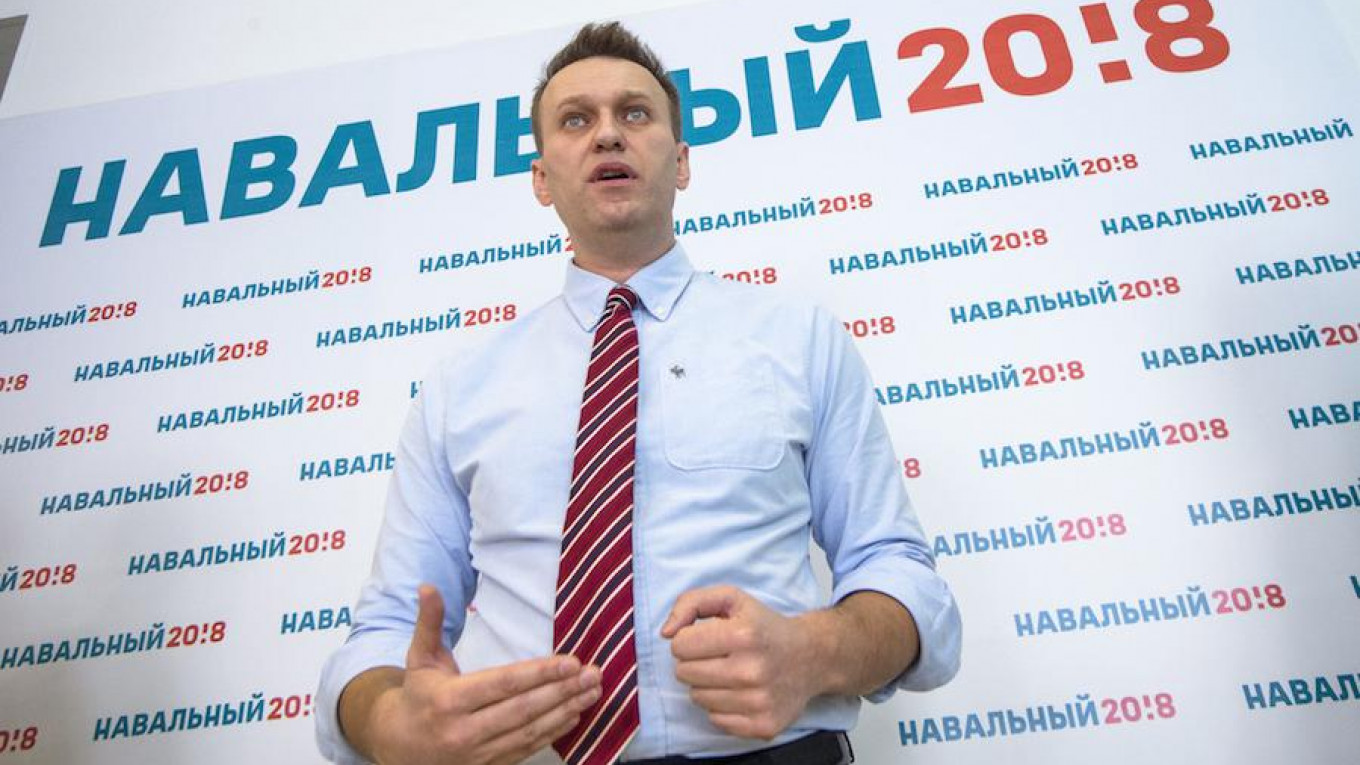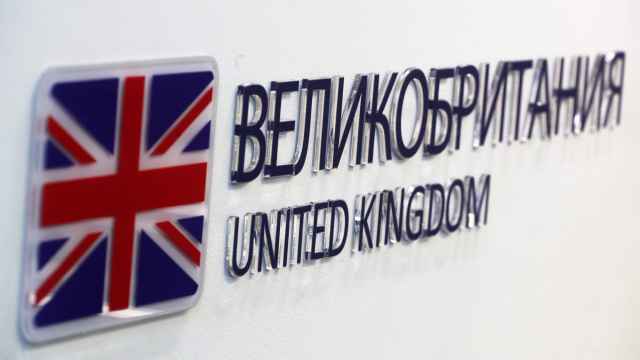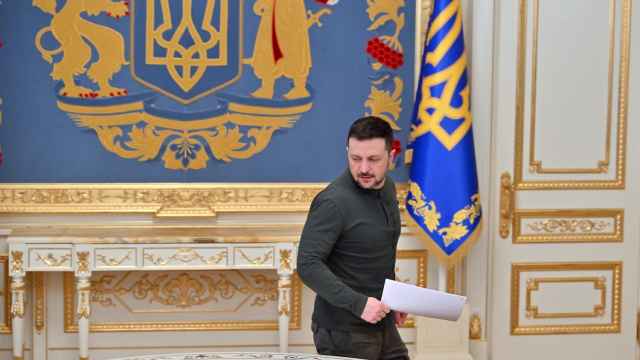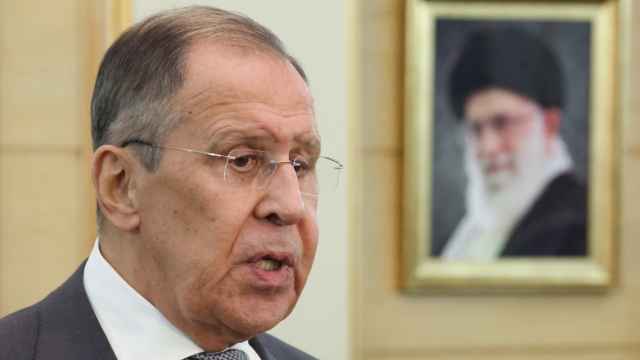The number of Russians supporting opposition politician Alexei Navalny has grown as the leader has become more widely recognized outside of Moscow, a report by independent pollster the Levada Center has revealed.
While the increased exposure has led to a statistical drop in the number of people willing to support the opposition leader, it means that Navalny will see more votes in Russia's 2018 presidential elections .
While 33 percent of people who knew Navalny were prepared to vote for him in 2011, just 6 percent of respondents recognized his name. In 2017, some 47 percent of respondents recognized the opposition leader. From this larger group, 10 percent said that they would back Navalny at the polls.
Many Russians remain indifferent towards Navalny: some 35 percent of those quizzed by Levada said that they were neutral toward him, while 23 percent said that “they had nothing good to say.”
Another 3 percent said that they respected the activist, with 4 percent feeling empathy towards him. Just 9 percent said that they had “nothing bad to say about Navalny,” down from 17 percent in 2011.
One in ten respondents said that they felt hostility towards the activist, while another 10 percent said that Navalny irritated them.
Navalny’s election campaign was jeopardized earlier this month when a Russian court found him guilty of embezzlement and handed him a five-year suspended sentence.
Under Russian law, the conviction bars him from running for public office.
A number of rights groups and the European Union have criticized proceedings saying the trial and sentencing was politically-motivated.
Navalny first stood trial on charges of embezzlement in 2013 when he was also found guilty.
The Russian Supreme Court overturned the conviction in November 2016 under pressure from the European Court of Human Rights but a retrial was swiftly ordered.
The survey was carried out between Feb. 17 and Feb. 20 among 1,600 people in 137 settlements of Russia.
CORRECTION: This article has been edited to clarify that the larger number of people were surveyed on whether they would support Navalny in the Levada Center's 2017 poll . The Moscow Times would like to apologize for any confusion caused.
A Message from The Moscow Times:
Dear readers,
We are facing unprecedented challenges. Russia's Prosecutor General's Office has designated The Moscow Times as an "undesirable" organization, criminalizing our work and putting our staff at risk of prosecution. This follows our earlier unjust labeling as a "foreign agent."
These actions are direct attempts to silence independent journalism in Russia. The authorities claim our work "discredits the decisions of the Russian leadership." We see things differently: we strive to provide accurate, unbiased reporting on Russia.
We, the journalists of The Moscow Times, refuse to be silenced. But to continue our work, we need your help.
Your support, no matter how small, makes a world of difference. If you can, please support us monthly starting from just $2. It's quick to set up, and every contribution makes a significant impact.
By supporting The Moscow Times, you're defending open, independent journalism in the face of repression. Thank you for standing with us.
Remind me later.






